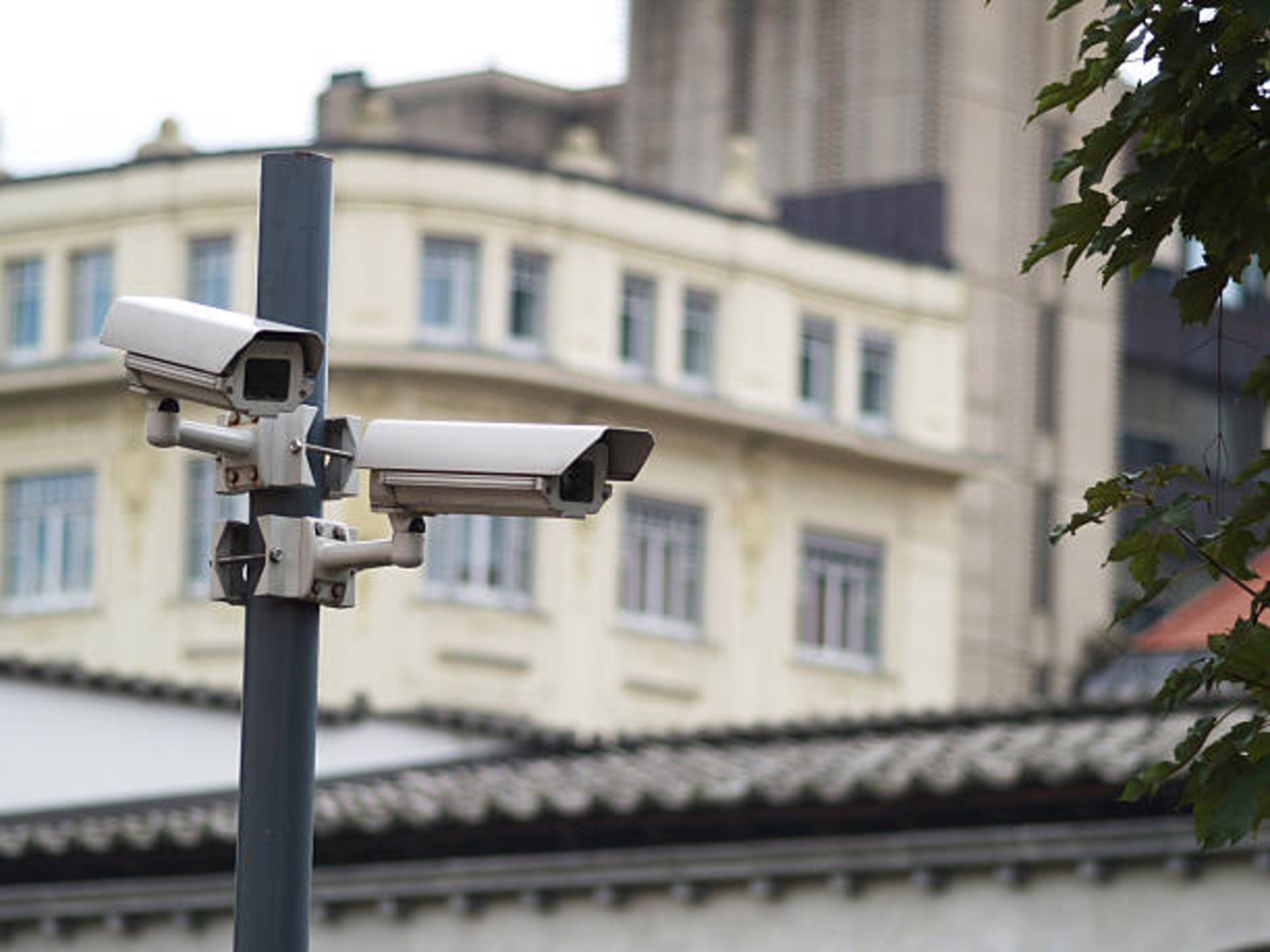Maharashtra: School education department reiterates directive for CCTV in schools
– Ronita Torcato
Monitoring CCTV cameras, ensuring their working condition and bearing additional costs are issues that the Maharashtra school education department does not seem to have addressed when it reiterated, last week a directive to government and local body schools to install CCTV cameras, either under the District Annual Plan or through other funding provisions.
The order came in response to recurring reports of child abuse in public and private schools across Mumbai.
It is pertinent to note that all schools affiliated to the Central Board of Secondary Education (CBSE) are required to install CCTV cameras at crucial points across the school premises to ensure safety of students.
The CBSE had first mandated, back in 2018, the installation of high-resolution CCTV cameras with audio-visual recording capabilities.
In July this year, the CBSE issued another mandate which will hopefully speed up the process across all CBSE-affiliated schools. (Goa installed CCTV cameras in all schools after a sexual assault incident in 2013).
Marion Menezes, a high school teacher in a Mumbai suburb thinks the school education department is totally justified in proposing this directive.
“The amount of violence sometimes even resulting in murder in educational institutions; is alarming. This would ensure tangible proof against the perpetrators and ensure some promise of justice for the victims,” she says.
St Xavier’s High School teacher Sheila Mistry says the directive should be enforced in all schools, government run as well as private.
“They should be installed even at the entrance of each bathroom/toilet,” suggests concerned parent Zinnia Khajotia, welcoming the move, while another parent suggested storage rooms, where children are sometimes known to hide behind stacks of stationery.
Sounding a cautionary note, the parent of a girl child points out, “CCTV will maintain vigilance of any irregular activity. It is a safety measure and if anything gets reported, then the CCTV footage will be provide evidence.”
Engineer and public welfare advocate Aadil Desai, says, “Most perpetrators of such crimes wouldn’t do anything in front of the CCTV camera however it wouldn’t stop them from doing it outside the school premises. Besides, most public places where CCTV cameras are already installed, are generally found to be inoperative which means they haven’t been checked and maintained after installation and have become ineffective after some time.”
Do the schools have the wherewithal for all three measures?
Says Rufus D’Souza, spouse of a PTA member, “It’s an irony that the government wants to install costly hi tech equipment in their primary schools instead of providing better classrooms, clean toilets specially for girl students, playgrounds and learning and development aids for children and teachers, and better work conditions for non teaching staff among other things.”
India’s richest state Maharashtra had approximately 109,605 schools in the 2021-22 academic year. These include nearly 21,000 (SSC) and 7000 (HSC) schools in the nine divisions of the Maharashtra state board.
The state government provides for the establishment of Special Courts to exclusively handle cases under the Protection of Children from Sexual Offences (POCSO) Act, 2012 that aims to protect individuals under the age of 18 from sexual assault, sexual harassment, and child pornography and provides for stringent punishments graded by offence severity.
The Act was amended in 2019 to strengthen its provisions. Final reports in POCSO cases are filed within the mandated 60-day period.
Fast Track Special Courts (FTSCs) played an important role in handling these cases, with some 408 exclusive POCSO Courts functioning by late 2024. These courts disposed of over 183,000 cases since their inception.
By late 2024, the FTSCs had disposed of more than 2,87,000 cases. Victims turning hostile is the most common reason for acquittals.
Also read: Student with 99.99 percentile in NEET dies by suicide on day of admission

















Add comment